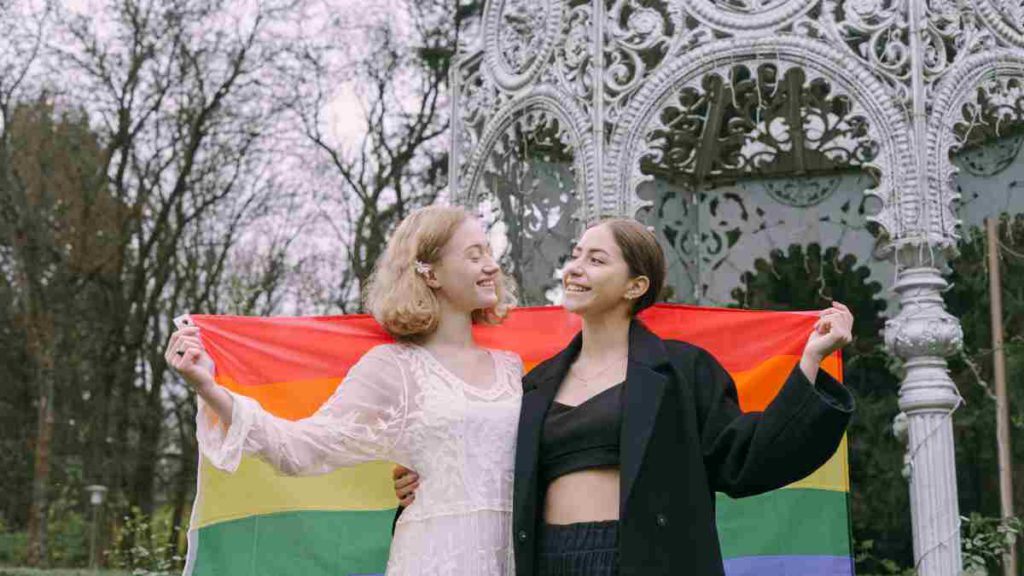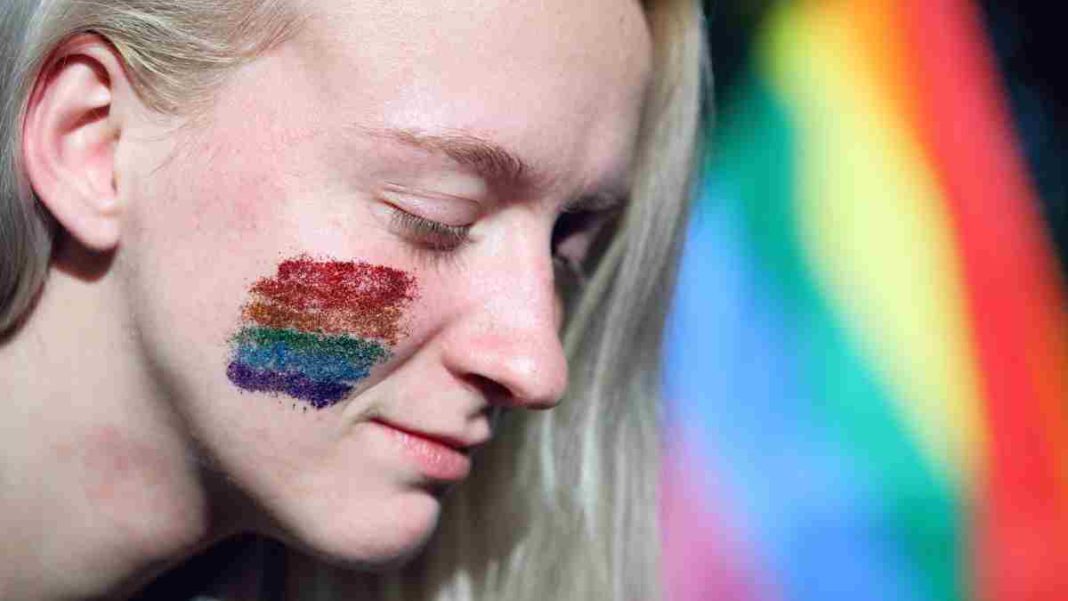INDIA: The core principle of human rights is that all people are created equally. It follows that all people should be treated equally and with dignity. However, violence driven by hate and discrimination against LGBTQ persons is pervasive, cruel, and frequently committed with impunity.
Religion has long significantly shaped attitudes towards the LGBTQ (Lesbian, Gay, Bisexual, Transgender, Queer) community. Many religious traditions have teachings and beliefs that often conflict with LGBTQ identities and relationships. As a result, religious attitudes towards LGBTQ individuals can be complex and sometimes negative.
The influence of religious teachings
Many of the world’s major religions have teachings that are not supportive of LGBTQ individuals. In some cases, religious texts explicitly condemn same-sex relationships or gender nonconformity. For example, in the Christian Bible, the Book of Leviticus states that a man lying with another man is an abomination (Leviticus 18:22).


In Islamic tradition, homosexuality is considered haram (forbidden) and is often punished severely in certain countries. In some branches of Hinduism, homosexuality is not specifically mentioned, but gender roles are strictly defined, and the idea of same-sex unions is often met with disapproval.
These religious teachings can have a powerful influence on the attitudes of religious individuals towards LGBTQ individuals. Some believers may see homosexuality as a sin or an immoral act, while others may view it as a disorder or mental illness. This can lead to discrimination, harassment, and even violence against LGBTQ individuals.
Religious Attitudes and public policy
Religious attitudes towards LGBTQ individuals have also played a significant role in shaping public policy. Many religious organizations and leaders have actively opposed measures that would grant LGBTQ individuals equal rights or protections under the law. For example, many religious leaders have opposed same-sex marriage, claiming it goes against the traditional definition of marriage as being between a man and a woman. Some religious groups have also opposed anti-discrimination laws that protect LGBTQ individuals from being fired from their jobs or denied housing based on their sexual orientation or gender identity.

However, there are also religious organizations and individuals who support LGBTQ individuals and advocate for their rights. Some churches and religious leaders have taken steps to become more inclusive of LGBTQ individuals, even if it means going against traditional teachings. This can include performing same-sex marriages or ordaining LGBTQ clergy members.
Conclusion
Religion has played a significant role in shaping attitudes towards LGBTQ individuals. The teachings of many religions have often been in tension with LGBTQ identities and relationships, leading to negative attitudes, discrimination, and even violence against LGBTQ individuals. However, some religious individuals and organizations support LGBTQ individuals and advocate for their rights. As society continues to evolve and become more inclusive, religious attitudes towards LGBTQ individuals will likely continue to change and evolve as well.
Also Read: Japanese Prime Minister Fires Aide for “Outrageous” Anti-LGBTQ+ Remarks



